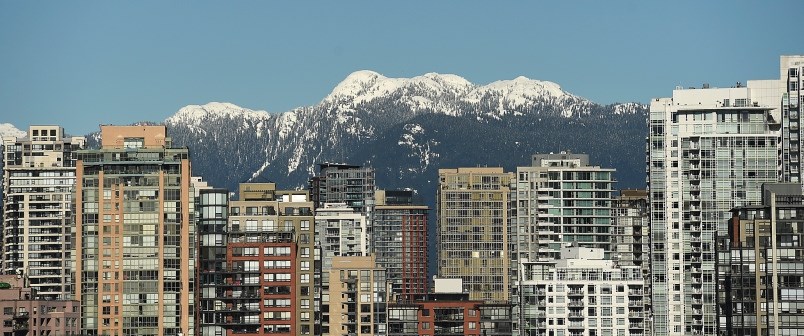A surge of buying activity – and nowhere near enough supply – caused condo prices in Metro Vancouver to soar 20.2 per cent year over year in 2017’s fourth quarter, according to a new report by Royal LePage.
The national brokerage said in its quarterly House Price Survey, published January 10, that the prospect of the new mortgage “stress test” coming into play January 1 caused buyers to speed up their home-buying plans in the final quarter of 2017. The strict new rules now require home buyers to qualify for their mortgages at a markedly higher interest rate than the rate they will pay – which reduces purchasing power by up to 20 per cent.
Combined with a severe lack of available inventory, buyers’ desire to get into the market ahead of the new rules pushed the median price of a Greater Vancouver condo up to $651,885 in Q4 2017.
During the same period, the aggregate home price in Greater Vancouver increased 8.2 per cent year-over-year to $1,267,769, according to the report.
However, Royal LePage does not anticipate a corresponding drop in condo market activity in 2018, with the new qualification rules now in place. The brokerage anticipates that many buyers who might have been able to purchase a house or townhome will now be competing for a limited number of condos, due to their reduced purchasing power.
“While the new OSFI changes may have a disproportionately larger effect on purchasers in Greater Vancouver due to the region’s high home values, it is doubtful that it will be able to create a strong enough headwind to keep price appreciation at bay,” said Randy Ryalls, general manager, Royal LePage Sterling Realty.
“By diluting prospective homeowner’s purchasing power, these regulations will likely place many purchasers into the entry-level market, causing the segment to overheat further.”
Royal LePage’s predicts that the aggregate home price in Greater Vancouver will rise by a further 5.2 per cent by the end of 2018, as low inventory levels continue to fail to meet demand for homes in the region.



